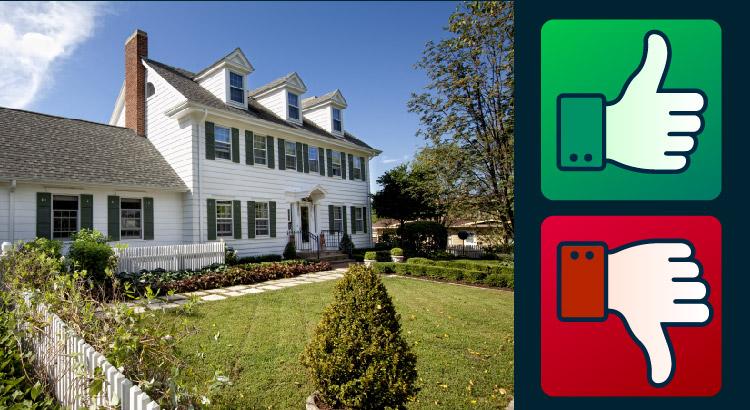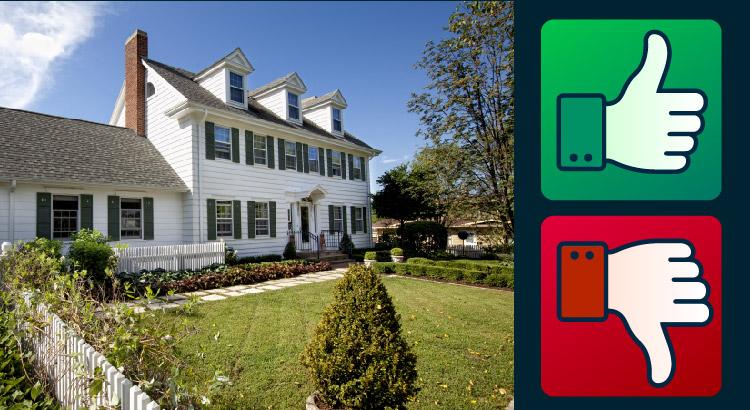
Are you on the fence about whether to sell your house now or hold off?

Are you on the fence about whether to sell your house now or hold off?

If you’re thinking about downsizing, you may be hearing about 55+ communities and wondering if they’d be a good fit for you.

If you’re thinking about downsizing, you may be hearing about 55+ communities and wondering if they’d be a good fit for you.

Want to know some of the top mistakes sellers are making today and how to make sure they don’t happen to you too?

Want to know some of the top mistakes sellers are making today and how to make sure they don’t happen to you too?

If you’ve been keeping an eye on the housing market over the past couple of years, you know sellers have had the upper hand.

If you’ve been keeping an eye on the housing market over the past couple of years, you know sellers have had the upper hand.

Looking ahead to 2025, it’s important to know what experts are projecting for the housing market.

Looking ahead to 2025, it’s important to know what experts are projecting for the housing market.

It’s no surprise that the upcoming Presidential election might have you speculating about what’s ahead.